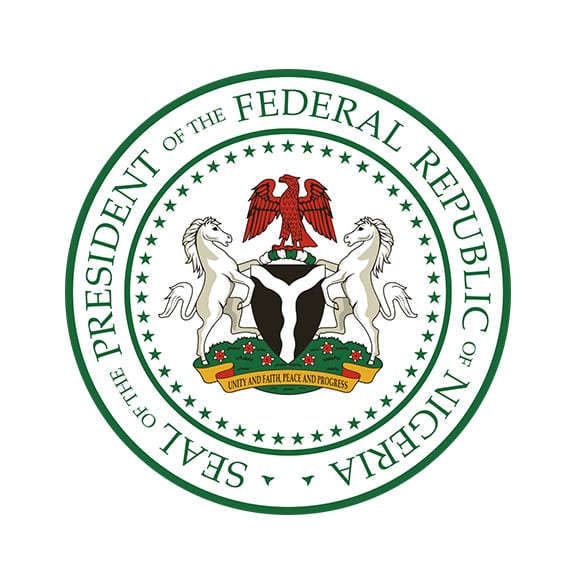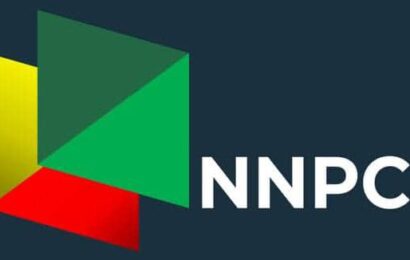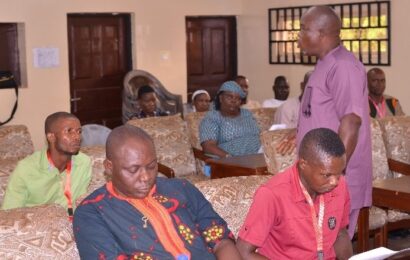The Federal Executive Council(FEC) has approved the National Development Plan(NDP) for 2021 to 2025 to succeed the Economic Recovery and Growth Plan(ERGP) which expired in December, 2020.
Minister of Finance, Budget and National Planning, Zainab Ahmed, disclosed this while briefing State House correspondents after a virtual FEC meeting presided over by Vice President Yemi Osinbajo on Wednesday at the Presidential Villa, Abuja.
She said the NDP was structured along six clusters–economic growth and development, infrastructure, public administration, human capital development, social development and regional development.
The minister said that plan had been costed to have an investment size of N348.7 trillion over the five-year period.
“The Ministry of Finance, Budget and National Planning presented a memo requesting approval for the NDP for 2021 to 2025, which is a plan that is succeeding the ERGP which expired in Dec. 2020.
“This National Development Plan, NDP, is structured along six clusters. The clusters include economic growth and development, infrastructure, public administration, human capital development, social development and regional development.
“The plan is underpinned by a macro-economic framework, which projects average real GDP growth of five per cent per annum over the plan period.
“ Also, the plan has been costed to have an investment size of N348.7 trillion over the five-year period.’’
Ahmed said the investment size was to be contributed by the public sector at N49.7trillion, representing 14.3 percent and the private sector at N298.3 trillion, representing 85.7 percent.
According to her, the public sector expenditure component of N49.7trillion will be contributed by both the Federal Government and the states.
“ The Federal Government expenditure component is N29.6trillion, representing 8.5 percent of the total expenditure size, while the sub-national government, states, will be contributing N20.1trillion, representing 5.8 percent.
“The funding strategies for the plan have also been identified and these include broadening the tax base, enhancing the capacity of the private sector through creating investment opportunities and deliberate policy engagements and incentives.
“ There will also be exploring domestic and concessional financing sources and setting up financial investment vehicles such as growth funds and public-private partnership as well as the Nigerian Investment and Growth Fund.
“The implementation of the plan requires the establishment of a strong implementation mechanism and framework that promotes performance and accountability, which is necessary for the implementation of the plan.
“There will also be a Development Plan Implementation Unit that will report to the National Steering Committee, which will be headed by the vice president with the Minister of Finance, Budget and National Planning as vice chair.’’
The minister said that the establishment of the Development Plan Implementation Unit would be in the planning arm of the ministry.
She said the coordination of the implementation of the plan would be carried through to ensure that MDAs, state governments, private sector operators, civil society organizations, among others, are all working in a coordinated fashion.
According to her, the plan also has a specific concentration to deliver during the five-year period.
“Immediately we get this plan launched we will be continuing work on the longer-term plan, which is the Nigeria Agenda 2050.
“This is to make sure that we don’t have a vacuum going forward; we have a medium-term plan for five years and there is a long term plan which is the Nigeria Agenda 2050.
“The long-term plan, the Nigeria Agenda 2050, work will continue immediately we launch this medium-term plan.
“ Going forward, the national annual budget will be derived from the plan, the details of which have already been costed.
“All MDAs will be required to draw their programmes and projects from the detailed plans that they themselves have submitted during this process; the NDP 2021 to 2025 has been approved today by the FEC for implementation as a successor plan to the elapsed EGRP 2017-2020.
On his part, Ministry of State for Budget and National Planning, Clem Agba, said that the governance structure of the plan would have Mr Atedo Peterside, as co-Chair from the private sector.
He said the National Steering Committee had 42 members comprising key ministers, representatives of the Manufacturers Association of Nigeria, other organs of the private sector and six governors representing the geo-political zones. nan.







